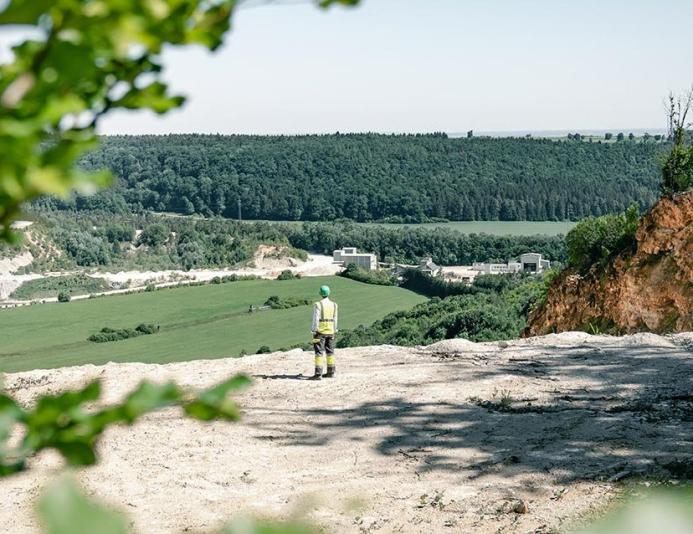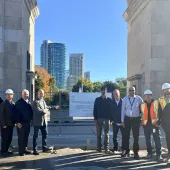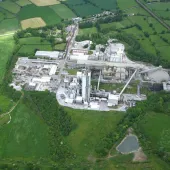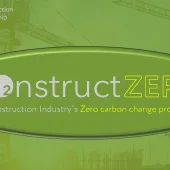SBTi validates Heidelberg Materials’ CO2 reduction targets
Company commits to individual scope 1 and 2 targets as well as a scope 3 target for 2030
THE Science Based Targets initiative (SBTi) has validated Heidelberg Materials’ 2030 carbon reduction targets under its new 1.5°C framework.
Following a thorough validation procedure, the company’s near-term target achievement has been successfully assessed against the SBTi’s strict criteria, with Heidelberg Materials committing to reduce gross Scope 1 and 2 greenhouse gas (GHG) emissions by 26.7% per tonne of cementitious material by 2030 from the base year 2020.
Within this target, Heidelberg Materials commit to reduce gross Scope 1 GHG emissions by 24% per tonne of cementitious material and Scope 2 GHG emissions by 65% per tonne of cementitious material within the same time frame.
The company has also added a Scope 3 target to its industry-leading Scope 1 and 2 reduction targets to reduce absolute GHG emissions from purchased goods and services* by 25% within the same time frame.
Heidelberg Materials say these commitments are consistent with their previously communicated goal of reducing specific net CO2 emissions to 400kg per tonne of cementitious material by 2030, equating to a reduction of 47% compared with 1990 levels.
‘Climate protection and the reduction of CO2 emissions are the decisive tasks of our time, and energy-intensive industries have a special responsibility in this respect,’ said Dr Dominik von Achten, chairman of the managing board. ‘At Heidelberg Materials, we are tackling these tasks at full speed and with great dedication.’
‘As reflected in our updated Sustainability Commitments 2030, climate action is a crucial element of Heidelberg Materials’ sustainability strategy,’ added Dr Nicola Kimm, chief sustainability officer and member of the managing board.
‘The SBTi validation shows that our sustainability agenda not only includes the most ambitious reduction target in the cement industry – but also a realistic, measurable plan in line with the 1.5°C scenario.
‘We follow a clear, science-based approach, reducing our carbon footprint through the levers of product and process innovation and industrial-scale CCUS. By closing the carbon and material loops, we will lead the sustainable transformation of our sector.’
Heidelberg Materials have actively contributed to the development of the new 1.5°C framework and were the first company in the cement sector to have their then targets endorsed by the SBTi in 2019.
The SBTi assesses and validates corporate emission reduction targets against the latest climate science. The Cement Guidance is the world’s first framework for companies in the cement sector to set near- and long-term science-based targets in line with the Paris Agreement’s goal to limit global temperature increase to 1.5°C above pre-industrial levels.
*Related to purchased cement and clinker







